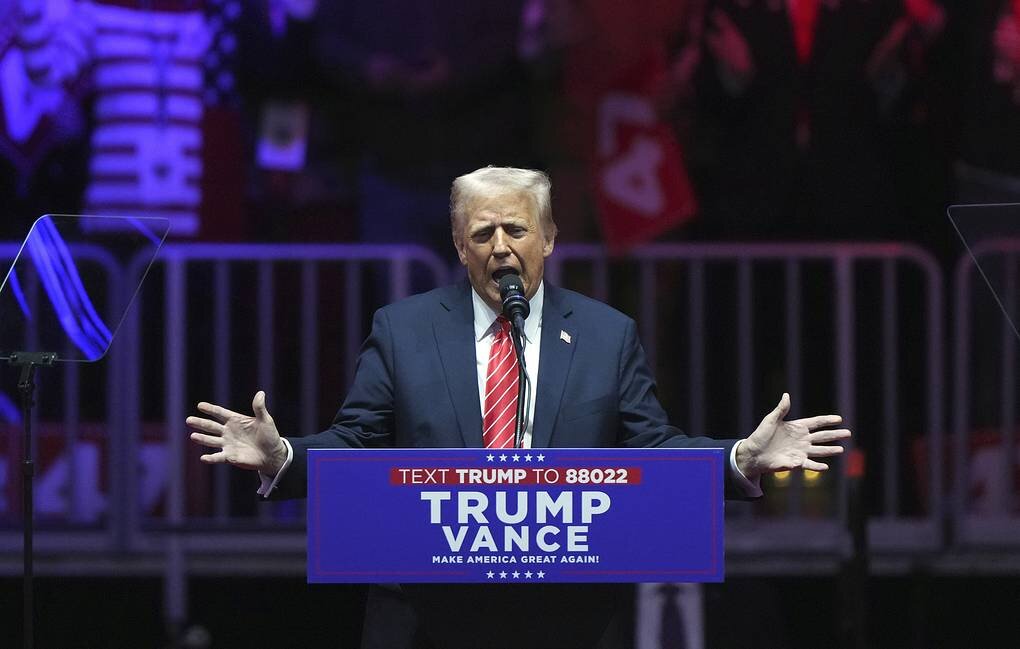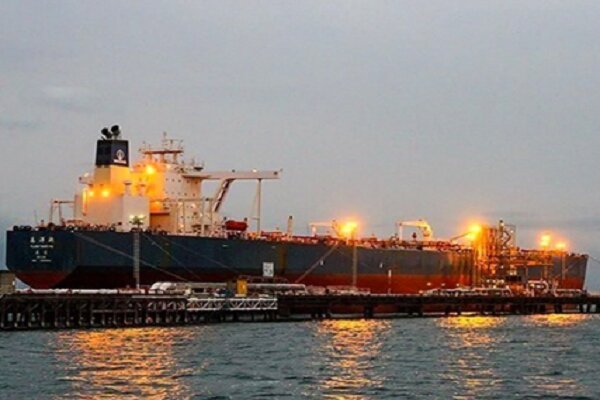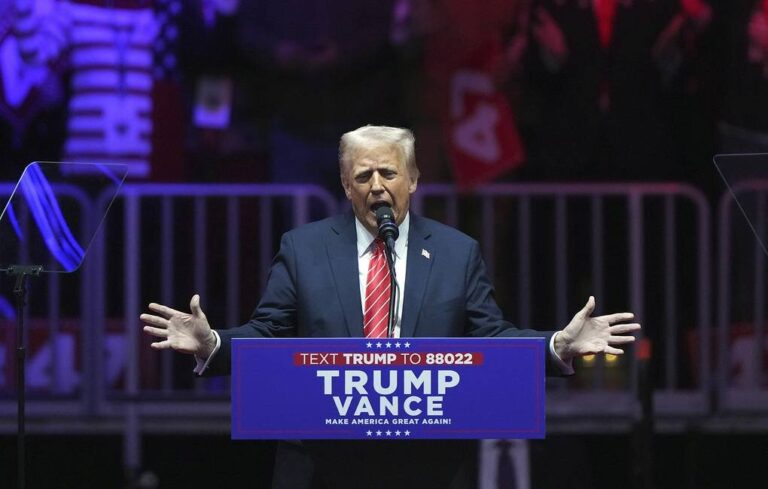EU Slams Trump’s ‘Hurtful’ Tariffs: A Call for Fair Trade Practices
The recent announcement regarding tariffs has sparked significant reactions across the globe, particularly from the European Union. The primary keyword here is “tariffs,” and understanding the implications of such decisions is critical for businesses and consumers alike.
According to Al Jazeera, a spokesman for the European Commission stated, “The European Union regrets the US decision to impose tariffs on Canada, Mexico, and China.” This statement reflects the EU’s concern over the potential economic repercussions that such tariffs may entail. The imposition of tariffs often leads to increased prices for consumers and strained trade relations between countries.
In addition to the EU’s reaction, former President Donald Trump has made it clear that he is contemplating further actions. He has threatened to impose tariffs on the EU as well, declaring that he has something “very substantial” planned. This threat has raised eyebrows and created uncertainty in international trade circles.
Understanding Tariffs and Their Impacts
Tariffs are taxes imposed by a government on imported goods. They are primarily used to protect domestic industries from foreign competition and to generate revenue. However, the consequences of imposing tariffs can be far-reaching. Here are some key points to consider:
- Increased Prices: Tariffs typically lead to higher prices for consumers as importers pass on the increased costs.
- Trade Wars: The implementation of tariffs can escalate into trade wars, where countries retaliate against each other’s tariffs, leading to a cycle of increasing trade barriers.
- Impact on Global Supply Chains: Many companies operate on a global scale, and tariffs can disrupt established supply chains, affecting production and delivery times.
- Economic Growth: While tariffs might protect certain industries, they can also stifle economic growth by limiting competition and innovation.
The EU’s Position and Future Steps
The European Union, as a major economic bloc, is keenly aware of the implications of the US’s tariff decisions. The EU’s response may involve several strategic steps:
- Diplomatic Engagement: The EU may engage in diplomatic discussions with the US to resolve trade tensions and seek a mutually beneficial solution.
- Retaliatory Measures: If necessary, the EU could consider imposing its own tariffs on US goods, which could lead to further escalation.
- Support for Affected Industries: The EU may offer support to industries that are adversely affected by US tariffs, helping to mitigate economic damage.
The situation is fluid, and the potential for escalation is ever-present. As global markets react to these developments, it is essential for businesses and consumers to stay informed about the changing landscape of international trade.
The Broader Economic Context
These tariff discussions occur against the backdrop of a complex global economic environment. With ongoing challenges such as supply chain disruptions and inflationary pressures, the stakes are particularly high. The interplay between tariffs and these broader economic factors can influence everything from consumer prices to business profitability.
Moreover, the threat of tariffs can create uncertainty in the market, leading companies to delay investments and hiring, which can further slow economic growth. Understanding the interconnectedness of these factors is crucial for stakeholders across various industries.
The Role of International Relations
International relations play a significant role in the effectiveness and repercussions of tariff policies. The US’s relationships with its trading partners, especially Canada, Mexico, and China, are crucial in determining how these tariffs will be received and what retaliatory measures may be taken.
As nations navigate these complex relationships, the focus should remain on fostering cooperation and finding solutions that benefit all parties involved. The potential for dialogue and negotiation remains a vital aspect of international trade dynamics.
In conclusion, the imposition of tariffs by the US on Canada, Mexico, and China has sparked a wave of reactions, particularly from the EU. With potential retaliatory measures on the horizon and the economic implications becoming increasingly pronounced, it is clear that the situation requires careful monitoring. The future of international trade may depend on the ability of nations to engage constructively and address the challenges posed by tariffs.






